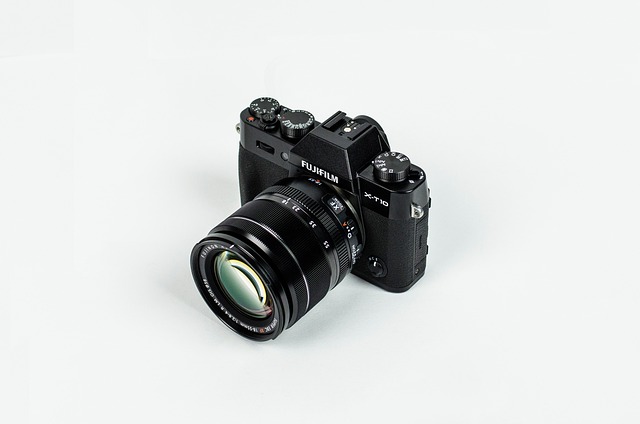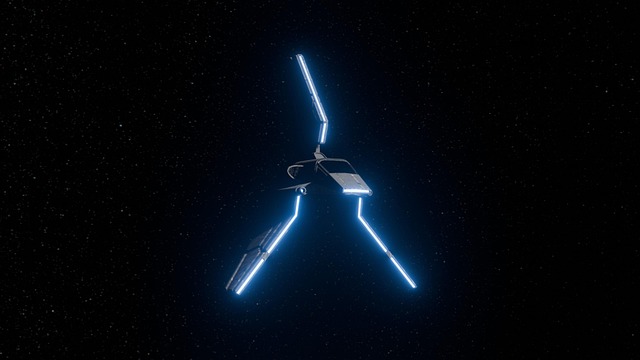Smart water leak detectors (smart water detectors) are advanced technology solutions for monitoring and protecting homes from water damage caused by leaks, frost, or complex plumbing systems. These IoT-enabled devices use sensors, real-time data analysis, and app notifications to detect even minute leaks, prevent structural damage, mold growth, and high utility bills. Smart water detectors integrate seamlessly with home automation systems, allowing remote control of water valves and conserving water through precise monitoring and AI-driven predictions. When choosing a smart water detector, consider advanced sensors, real-time monitoring, Wi-Fi/Bluetooth connectivity, cloud storage, and voice assistant compatibility for optimal functionality and convenience.
Water leaks can cause significant damage and unnecessary expense. Fortunately, advancements in technology have led to the development of smart water leak detectors, offering homeowners advanced protection. This comprehensive guide explores the world of smart water detectors and their role in modern homes. We delve into understanding water leaks, comparing traditional systems, exploring underlying technology, outlining benefits, highlighting key features, and even peering towards the future with AI’s potential impact on water conservation.
- Understanding Water Leaks: Common Causes and Impact
- Traditional vs Smart Water Leak Detectors: A Comparison
- How Smart Water Detectors Work: Technology and Sensor Types
- Benefits of Installing Smart Water Leak Detectors in Your Home
- Top Features to Look for in Modern Smart Water Detectors
- Future Trends: Evolving Role of AI in Water Conservation
Understanding Water Leaks: Common Causes and Impact

Water leaks are a common household issue that can lead to significant damage if left undetected. Understanding their causes is essential for any homeowner considering investing in smart water leak detectors. The most frequent sources include pipe corrosion, faulty fittings, and broken washing machine hoses. These issues often arise due to aging pipes, exposure to extreme temperatures, or poor installation. Even seemingly minor leaks can result in substantial water waste and, over time, drive up utility bills. Moreover, they pose a risk of structural damage, mold growth, and other health hazards caused by persistent moisture.
Smart water leak detectors offer a modern solution by monitoring water flow patterns and detecting unusual activity 24/7. They can alert homeowners via apps or automated messages when a leak is detected, allowing for immediate action to mitigate potential damage. This technology is particularly valuable in areas with frozen pipes or in homes featuring complex plumbing systems, where leaks might go unnoticed for extended periods.
Traditional vs Smart Water Leak Detectors: A Comparison

Traditional water leak detectors have been around for decades, relying on basic sensors and alarms to signal potential issues. These systems often consist of a single point of detection near pipes or water sources, leaving large areas of a home vulnerable. In contrast, smart water leak detectors represent a significant advancement in home security technology. They offer a connected, comprehensive approach by utilizing IoT (Internet of Things) devices and real-time data analysis to detect leaks more accurately and promptly.
Smart water detectors are designed to monitor an entire home’s plumbing system, providing multiple points of detection. These devices can be installed in various locations, including basements, attics, and even individual rooms, ensuring early warning signs of potential leaks. While traditional systems may trigger false alarms or miss small leaks, smart technology distinguishes itself by learning normal water usage patterns and automatically adjusting thresholds for detector sensitivity. This ensures more accurate alerts, saving homeowners time and reducing unnecessary stress.
How Smart Water Detectors Work: Technology and Sensor Types

Smart water leak detectors for homes leverage advanced technology and sensor types to effectively monitor and protect your property from water damage. These devices typically use a combination of sensors, including moisture sensors, pressure sensors, and temperature sensors, to detect any anomalies that could indicate a potential leak. Moisture sensors measure the level of humidity in the air or on surfaces, while pressure sensors track changes in water pressure that might suggest a burst pipe. Temperature sensors help identify freezing conditions that can lead to pipes bursting.
Once a detector picks up on a possible leak, it uses internet connectivity to send alerts to your smartphone or other devices via apps. Some models even integrate with home automation systems, allowing you to remotely monitor and control water supply valves to mitigate damage. This real-time monitoring capability makes smart water detectors a game-changer in preventing costly repairs and ensuring the overall health of your home’s plumbing system.
Benefits of Installing Smart Water Leak Detectors in Your Home

Smart water leak detectors are a game-changer for any homeowner, offering numerous benefits that go beyond basic leak detection. These advanced devices connect to your home’s Wi-Fi network, providing real-time alerts and remote monitoring through your smartphone or tablet. This means you can receive instant notifications about potential water leaks, even when you’re away from home, allowing you to take immediate action to prevent costly damage.
One of the key advantages is their precision and sensitivity. Smart leak detectors use cutting-edge technology to detect even the smallest leaks, from a trickling faucet to a burst pipe, ensuring every drop of water is accounted for. They also help in conserving water by alerting you to potential issues before they escalate, saving you money on your utility bills. Additionally, these devices often come with smart home integration, enabling you to automate and control various aspects of your home’s water system, further enhancing convenience and energy efficiency.
Top Features to Look for in Modern Smart Water Detectors

When considering a smart water leak detector, look for devices that offer advanced sensors and technology to ensure accurate detection. Modern smart water detectors should be equipped with motion sensors and advanced algorithms that can differentiate between normal activities and potential leaks, minimizing false alarms. Real-time monitoring is another key feature; these detectors provide immediate notifications via smartphone apps, allowing you to address issues swiftly.
Connectivity options like Wi-Fi or Bluetooth ensure seamless integration into your home’s smart system. Additionally, search for devices with cloud storage capabilities, enabling remote access and control. Some models even offer voice assistant compatibility, making it easy to incorporate the detector into your daily routine.
Future Trends: Evolving Role of AI in Water Conservation

As technology advances, Artificial Intelligence (AI) is poised to play a pivotal role in the future of water conservation, especially when integrated with smart water leak detectors. AI algorithms can analyze vast amounts of data from these devices, predicting potential leaks and optimizing water usage patterns within homes. By learning from historical data, AI models can identify unusual water flow behaviors, enabling early detection of leaks that might go unnoticed otherwise. This predictive approach not only reduces water waste but also saves homeowners significant costs associated with repairs and replacement.
Furthermore, AI-driven smart water leak detectors can be part of a broader home automation system, allowing users to monitor their water consumption in real-time. This level of transparency empowers individuals to make informed choices about their water usage, potentially leading to more sustainable practices. With ongoing research and development, we can expect AI to revolutionize how we interact with and preserve our most precious resource—water.
